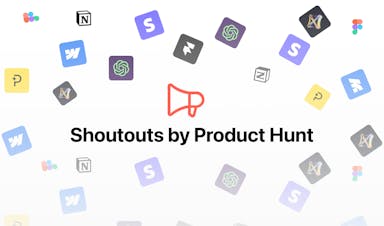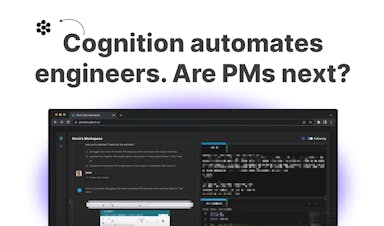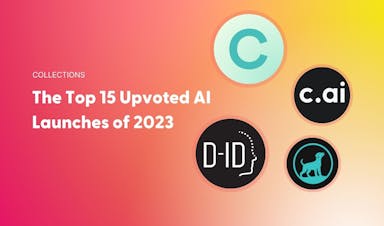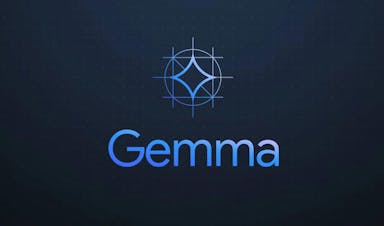There's no better time to start a new search engine by Richard Socher

Many people today believe search is both broken and solved.
Access to information is not the problem. Today, there's so much information that no one has time to read it and process it — or know what to trust. But folks who grew up under the power of a strong monopoly have a hard time imagining a better solution.
Let's start with why search is broken.
Search today is overrun by ads. Advertisements and a flood of search-engine-optimized pages (second-order effects of the ad overload) make parsing for relevant information difficult and time-consuming.
Giving quick answers to your queries only seems to be Google's desired outcome if your query is not monetizable. If it’s even remotely close to something a company might run an ad for, the engine will pull you into engagement loops and waste your time, rather than give you the information that’s most aligned with what you’re searching for. In essence, every company has to pay a Google tax just to exist in this current state.
What began as making information universally accessible has morphed into prioritizing ad relevance over organic content's relevance. It's becoming harder to find naturally relevant content because the gatekeeper has found that they can make more money by showing relevant ads passing as "relevant content." For them, it's a zero-sum game, and many users aren't aware of it because they're getting just enough to keep them there.
That single gatekeeper controls almost 90% of the search market, dictating what you see. It keeps the bulk of search traffic to itself — nearly 65% of searches worldwide (on desktop and mobile combined) in the fourth quarter of 2020 were "zero-click," ending without that traffic going to another website, according to a SimilarWeb study. In the U.S., 68.3% of searches were zero-click in the quarter, the study found.
Whether searches are quick facts or answers to questions — like the score of last night's ballgame or the temperature outside — this rising trend of zero-click searches is worrisome as the entire economy moves online. With one gatekeeper having two-thirds of search traffic within its own ecosystem, I predict the trend of zero-click searches will only increase, and ads will continue to proliferate in the search results.
In order to squeeze out even a tiny fraction of ad revenue, privacy is getting undermined too. People are increasingly waking up to issues surrounding their data and privacy. Your queries probably tell your search engine things that you might not tell your closest friends. And, it's not just your search queries. You're followed around the internet and on partner sites with tracking pixels or analytics. Your mainstream search engine is a massive databank, keeping tabs on everything you've ever searched for (even if you deleted it), who you've communicated with, and the apps and extensions you used. All of this data gets saved for monetization through ad-targeting.
There hasn't been any major innovation on search engine design or business models in two decades. It doesn't help that every other new search engine looks and feels like a slightly less relevant or convenient Google clone.
For society to thrive in this digital world, it's imperative to create a fairer search system that gives people agency in their information diet while providing an opportunity for organizations of all sizes and budgets to appear on the first page of search when their content is relevant.
The existing search system isn't going to change on its own, especially not with just over $104 billion in revenue coming from search ads out of $182.53 billion in total revenue last year. That's why new competitors have to step up and build user-centric search engines, and now couldn't be a more critical moment in the internet's history to do just that.
I've spent more than a decade researching artificial intelligence, deep learning, and natural language processing. I believe that search — specifically helping people explore and summarize information on the internet — is the single highest impact application of these breakthrough technologies today.
Bryan McCann and I founded and recently launched you.com, an open search engine platform that summarizes the web, with extensible apps, privacy choices, actionable results, and personalization through preferred sources.
There's no better time than now to start a new search engine, especially with the advancements in AI and NLP that make it possible.
Without the surge of deep learning, unsupervised, semi-supervised and transfer learning, it would have been impossible for a small company like ours to build an entirely new search engine experience, from scratch. Major tasks require deep and broad language understanding: understanding query intent, ranking search-apps, and semantically parsing human language into a computer language of different APIs.
Usually, consumer-tech AI is guided by objective functions that maximize engagement or ad relevancy. In you.com's case, instead of the AI making all decisions for you, you have control over the AI through true, explicit personalization and customization.
You.com is unbundling a monopolistic monolith, giving users real agency over their search experience. Combining AI with users' preferences will open up previously closed gates of search engines by making relevant content readily available through multiple apps. These apps, including places like Reddit, Stack Overflow, Medium, and more, are searchable in one place with one query letting users explore a topic from many different angles.
People are tired of being treated as products for the highest bidding advertisers, and they want to participate in the search economy. We must bring back user agency while at the same time democratizing access to the first page of search.
AI's superpowers can help us do that. And that means more power to you.
Learn more about you.com
Comments (9)
Toni Schach
Waldo-er & Hippo-mom
Andres Cruz
Creativo / Part-time consultant
Ayush Kumar Singh
Full Stack Developer
Jayanth Murthy
products solving genuine problems
Emmitt Snowden
soon
More stories

Aaron O'Leary · Announcements · 2 min read
Introducing Shoutouts

Finn Lobsien · Opinions · 5 min read
Can Devin AI Replace Product Managers?

Aaron O'Leary · News · 2 min read
Meet Nvidia's new localized AI chatbot

Sarah Wright · News · 2 min read
The top 15 AI products from 2023


